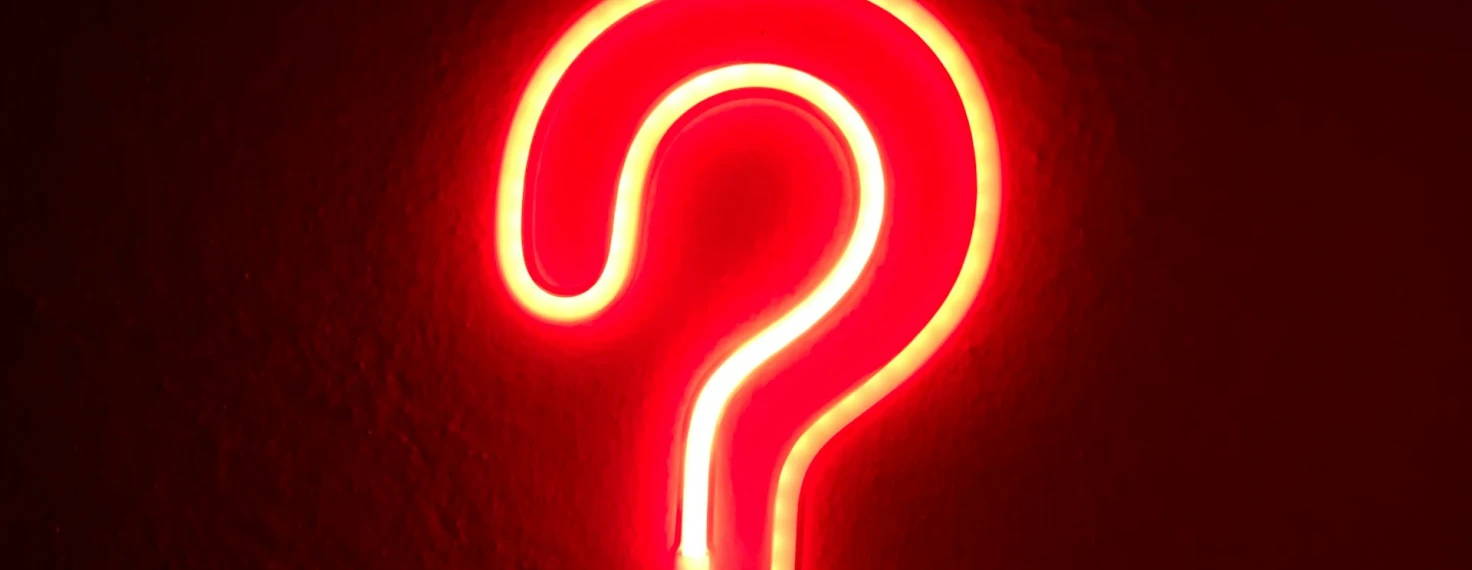Do you really need a VPN?
Okay, let's talk VPNs. You've probably heard the buzzwords: "security," "privacy," "unblock Netflix." But do you actually need one? It's a fair question, and honestly, the answer isn't a simple yes or no. So, let's break it down in a way that doesn't require a computer science degree.

Do You Really Need a VPN? A Practical Guide (No Jargon, Promise!)
Okay, let's talk VPNs. You've probably heard the buzzwords: "security," "privacy," "unblock Netflix." But do you actually need one? It's a fair question, and honestly, the answer isn't a simple yes or no. So, let's break it down in a way that doesn't require a computer science degree.
What's the Deal with VPNs Anyway?
Think of a VPN like a secret tunnel for your internet traffic. Instead of your data zipping straight from your device to the website you're visiting, it goes through this tunnel, making it harder for anyone to snoop on what you're doing. This tunnel also makes it look like you're browsing from a different location, which is how you can sometimes access content that's blocked in your region (more on that later).
So, When Should You Use a VPN?
Here are a few situations where a VPN can be a real lifesaver:
-
Public Wi-Fi: Airport Wi-Fi, coffee shop Wi-Fi, hotel Wi-Fi – it's convenient, but it's also a breeding ground for hackers. Using a VPN on public Wi-Fi is like locking your suitcase in a crowded airport. It adds a layer of protection against anyone trying to steal your data.
-
Sensitive Stuff: Doing your online banking? Checking your emails? Anything that involves personal information or passwords should ideally be done through a VPN, especially if you're on a network you don't fully trust.
-
Bypassing Restrictions: Ever tried to watch a show on Netflix only to find it's not available in your country? A VPN can make it look like you're browsing from a different location, potentially unlocking that content. (Just be aware that Netflix isn't a huge fan of this, so it's not always guaranteed to work.) Similarly, some workplaces or schools block certain websites. A VPN can help you get around those restrictions.
-
Privacy Matters: Let's face it, we're all being tracked online. From targeted ads to data collection, it's a bit creepy. A VPN can mask your IP address, making it harder for companies and websites to track your online activity. It's not going to make you completely invisible, but it's a step in the right direction.
When You Might Not Need a VPN:
-
Home Network (Usually): If you're on your secure home network, you're generally less at risk than on public Wi-Fi. However, even at home, your internet service provider can still see your online activity. So, if privacy is a major concern, a VPN can still be beneficial.
-
Basic Browsing: If you're just browsing cat videos and checking the weather, you're probably not doing anything that requires top-level security. But remember, even seemingly harmless browsing can be tracked.
The Bottom Line:
A VPN isn't a magic bullet for all your online woes, but it's a valuable tool to have in your digital arsenal. If you frequently use public Wi-Fi, handle sensitive information online, or are concerned about privacy, then a VPN is definitely worth considering. If you mostly stick to secure home networks and aren't too worried about tracking, you might not need one.
Choosing a VPN (Quick Tips):
- Do your research: Not all VPNs are created equal. Look for reputable providers with good reviews.
- Speed matters: A slow VPN can make streaming and browsing a nightmare.
- Privacy policy is key: Make sure the VPN provider has a strict no-logs policy, meaning they don't keep records of your online activity.
- Free vs. Paid: Free VPNs often come with limitations and can even be risky. Paid VPNs usually offer better security, speed, and reliability.
Ultimately, the decision of whether or not to use a VPN is a personal one. Weigh the pros and cons, consider your own needs and concerns, and make the choice that's right for you.
